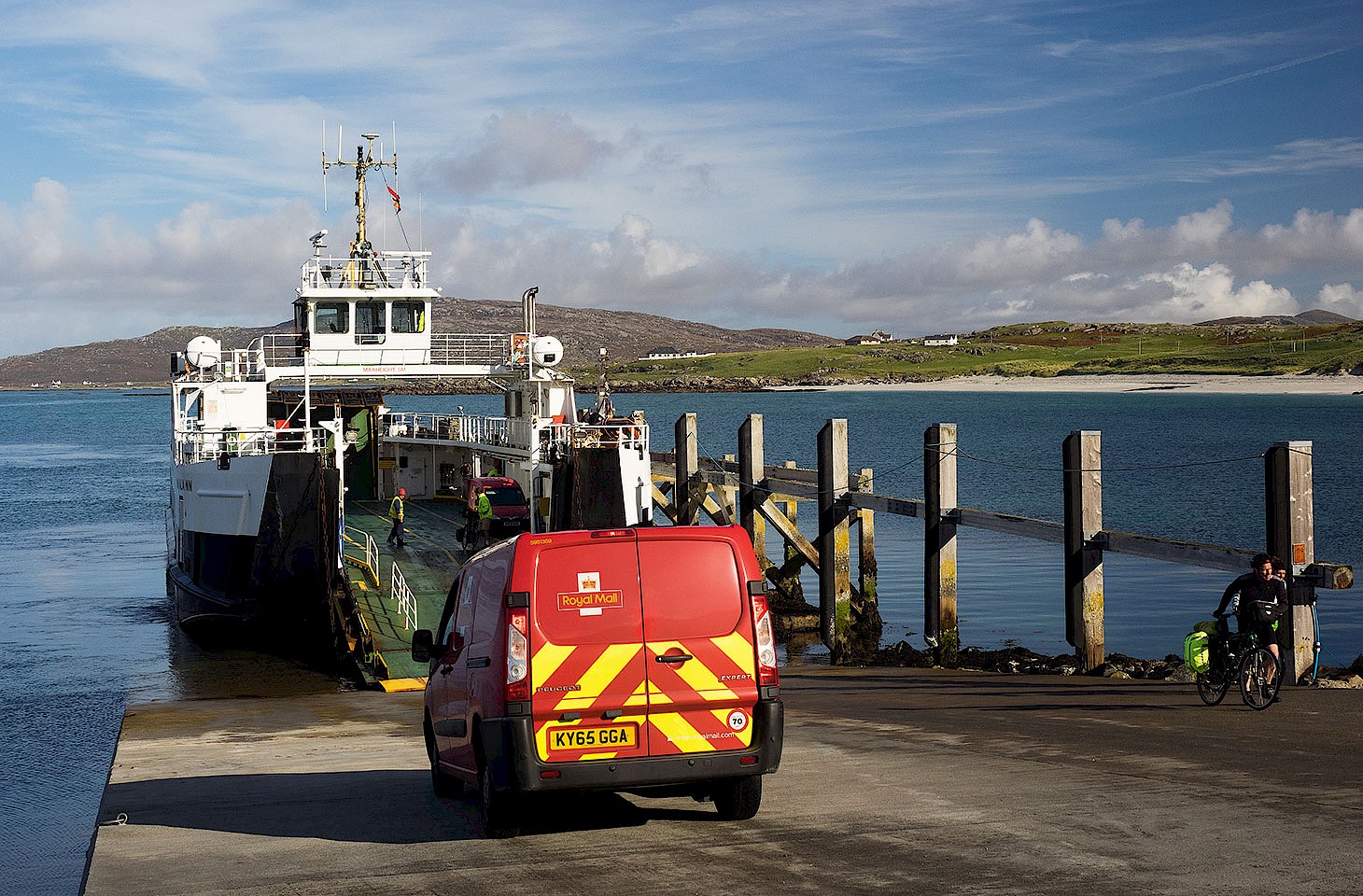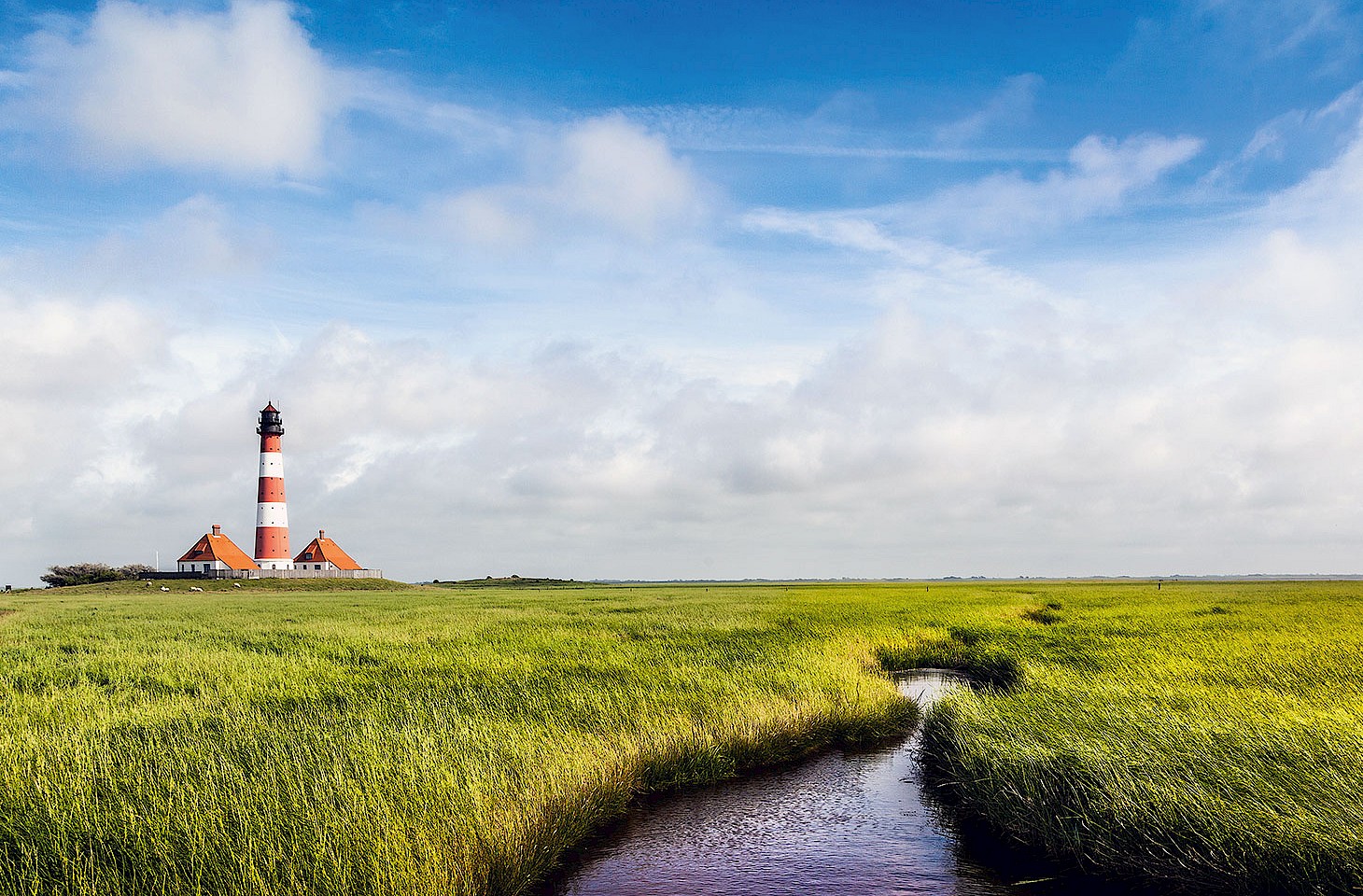Dear fellow travellers
Sometimes it is good to be led. Paul has the map. I follow. Three of us are walking: Greg, Paul and I.
Paul leads us to the shores of the lake. It is a good spot to retreat from the dark-scud clouds that crowd the October skies. There is a sweet dampness in the air, the enveloping melancholy of autumn in the forest. In the skies above, we see the patterned wing-beat of geese dancing to the obliquity of the ecliptic.
I daresay that caught you out. The obliquity of the ecliptic can take you unawares. Paul probably knows all about it. I have not asked him, but I shall do so next time we go out into the forest to catch the change of seasons. If it wasn’t for that wee tilt in the earth’s axis, that seductive obliquity, we would have no seasons and the geese would have no need to map their heavenly trace to distant skies.
Now the rain falls more heavily, the first real rain we have had for weeks. Autumn has finally eclipsed our Indian summer. There is a dead frog on the lakeshore path, the creature’s still body cushioned in a puddle. He surely knew the rain was coming. Frogs have the principles of meteorology and astronomy hardwired into their brains, just like geese. The obliquity beckons, the animals follow.
“Let’s go this way,” says Paul. “Along the shore of the lake. We’ll see the house where Bertold Brecht lived.”
That makes me think. What ever did happen to Mother Courage’s children? And why was Brecht’s chalk circle Caucasian? That’s the good thing about Paul having the map. It leaves me time to think. Were it spring, I’d want to lead. But on this damp October day, I can just drop back and follow. I do not know which way is north, and the geese are now long gone.
We come to a kiosk on the shore of the lake. The season has faded, just like the geese, so no-one is there to sell goods at the glass emporium. We peer in through the windows and there is a curious collection of trinkets and souvenirs that recall the heyday of the German Democratic Republic (GDR).
I muse. I wonder. And the rain falls. The GDR was rather like the obliquity of the ecliptic. An interesting concept that no-one really understood. Inside the kiosk, a well-thumbed copy of one particular book is prominently displayed. It is Erich Maria Remarque’s All Quiet on the Western Front.
Here in Buckow, on the shores of a lake little more than an hour from Berlin, all is quiet on all fronts. The restaurants have stacked their outside tables, the hotels have pulled down their shutters for the season. The oaks and the birch trees know their destiny. Perhaps the frog did too. The obliquity of the ecliptic tilts the mood of the earth and its creatures. It is not a season for leading, but one for following. Paul has the map.
Nicky Gardner
(co-editor, hidden europe magazine)
For the record
The walkers were Greg Gardner, Nicky Gardner (who wrote the piece above) and Paul Scraton. Paul is a Berlin-based writer and you can read his account of the same walk online. Readers of our 'Letter from Europe' will surely enjoy Paul's writing. Find out more in his regular blog 'Under a Grey Sky'.



